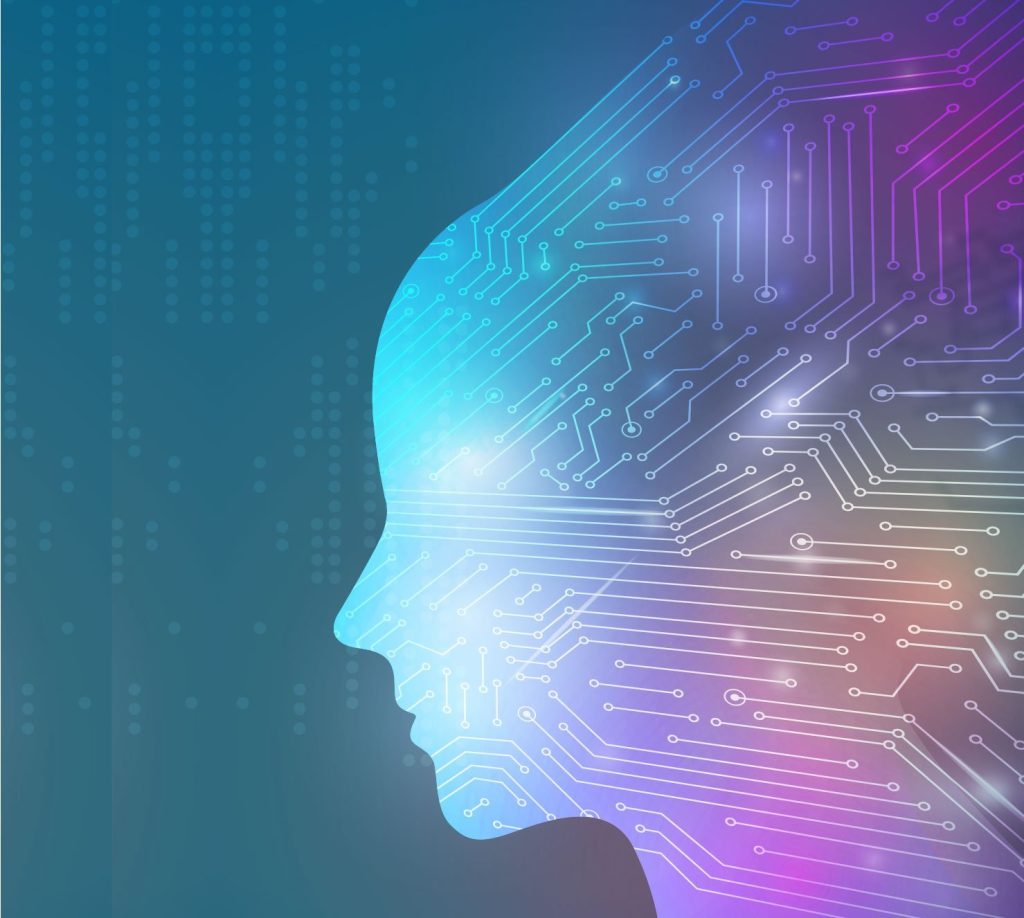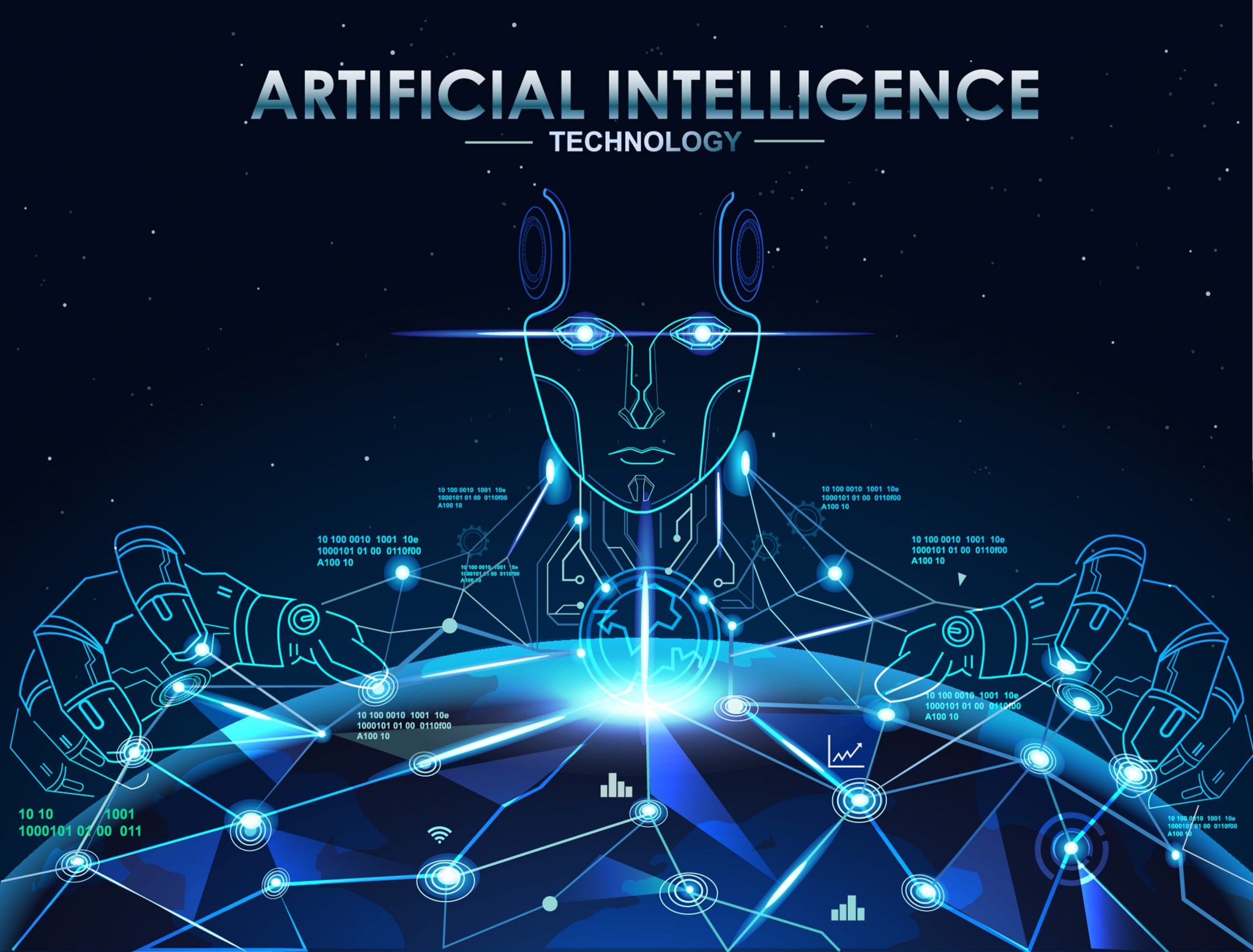In recent years, the field of healthcare has seen a remarkable transformation thanks to the integration of artificial intelligence (AI). One of the most promising and exciting developments is the ability to personalize healthcare treatments for individuals. This revolutionary approach, enabled by AI, has the potential to revolutionize how we diagnose, treat, and manage medical conditions, ultimately leading to better patient outcomes. In this article, we will explore the concept of personalized healthcare and how AI is driving this transformative change.
The Power of Personalized Healthcare

Personalized healthcare, also known as precision medicine, is a healthcare model that recognizes the unique genetic, environmental, and lifestyle factors that contribute to an individual’s health. Rather than applying one-size-fits-all treatments, personalized healthcare tailors medical interventions to each patient’s specific needs. This approach acknowledges that what works for one person may not work for another, even if they have the same medical condition.
AI-Powered Diagnosis and Prediction
AI plays a pivotal role in personalized healthcare by enabling more accurate and timely diagnoses. Machine learning algorithms can analyze vast amounts of patient data, including medical records, genetic information, and even wearable device data, to identify patterns and detect subtle signs of diseases. This allows for early detection and intervention, which can significantly improve the prognosis for many conditions.
For example, AI-powered tools can analyze a patient’s genetic profile to identify their susceptibility to certain diseases. This information can inform healthcare providers about potential risks and help them develop personalized prevention strategies. Similarly, AI algorithms can predict disease progression by continuously monitoring patient data, allowing for proactive adjustments to treatment plans.
Tailoring Treatment Plans
Once a diagnosis is made, AI can assist in designing personalized treatment plans. Traditional treatment approaches often rely on generalized guidelines, but AI takes into account individual variations in genetics, metabolism, and response to medications. This means that treatment plans can be adjusted based on how a specific patient is likely to respond, increasing the chances of success and minimizing potential side effects.
For cancer patients, AI can be especially beneficial. AI-driven models can analyze tumor characteristics and genetic markers to recommend the most effective chemotherapy drugs and dosage regimens. This not only increases the likelihood of successful treatment but also reduces unnecessary exposure to potentially harmful treatments.
Continuous Monitoring and Adaptive Care

Personalized healthcare doesn’t stop at the initial diagnosis and treatment plan. AI allows for continuous monitoring of a patient’s health, ensuring that treatments are adjusted in real-time as the patient’s condition evolves. Wearable devices equipped with AI algorithms can track vital signs and other health metrics, sending real-time data to healthcare providers.
In the event of unexpected changes or complications, AI can trigger alerts and suggest immediate interventions. This proactive approach can prevent emergencies and hospital readmissions, ultimately improving the quality of life for patients.
Ethical Considerations and Data Privacy
While the promise of AI in personalized healthcare is undeniable, it also raises important ethical and privacy concerns. The collection and analysis of sensitive medical data require stringent safeguards to protect patient privacy and prevent misuse of information. Healthcare providers and AI developers must prioritize data security and adhere to strict regulations to ensure that patient trust is maintained. In conclusion, AI has ushered in a new era of personalized healthcare that holds immense promise for improving patient outcomes. By harnessing the power of AI for diagnosis, treatment planning, and continuous monitoring, healthcare providers can tailor interventions to the unique needs of each patient. However, as we embrace these technological advancements, it is crucial to strike a balance between innovation and ethical considerations, prioritizing patient privacy and data security. With responsible implementation, AI has the potential to revolutionize healthcare, providing more effective and personalized treatments for individuals around the world.



Leave a Reply